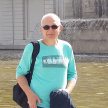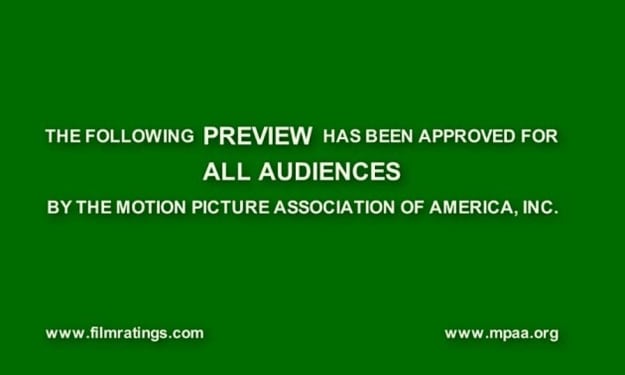A modern disease of society
Lies, conspiracy, pseudoscience

I've just read an awesome poem written by Tiffany.
https://vocal.media/poets/a-scrumptious-lie
It's definitely worth reading. However, while I was reading it, many thoughts came to mind.
Warning: This article will be very different from Tiffany's. If you're expecting a continuation of her text or something similar in spirit, you may be disappointed.
"I'm allergic to lies," says the author. This statement suddenly gave me enlightenment. But let's proceed step by step.
We all hate lies, don't we? Yes, I don't believe there exists a single person in the world who likes to be fooled. We all hate lies. We despise liars, and we strive to seek the truth.
But... yes, why would someone start writing trivial things if there isn't a big "But"?
Yes, how do we know if someone is lying to us? It seems simple, right? If someone has promised something to us but didn't keep their promise, the lie is obvious. Or when someone sells us products of low quality, or less than the agreed quantity, and so on. There are many examples where we can relatively easily catch the lie.
However, in most cases, it is difficult to know whether we are being lied to or not. In politics, it often turns out that we don’t know the truth, or we are given only half the truth or part of the truth. Employers often mislead their employees, and trade unions frequently serve the interests of politicians rather than workers. Environmental movements, in many cases, willingly or unwittingly serve the interests of one company at the expense of another.
Many examples could be given for cases where the truth is difficult to find. In many instances, we learn the truth late, and sometimes never.
So, when it is difficult to achieve the truth, compensation mechanisms arise. People start to create their own reality in which to fit the conflicting data they receive. Thus, they create religions, conspiracy theories, and so on. This creation becomes their own life and starts to introduce new delusions into people's minds. But often, these delusions are more attractive and easier to swallow than the truth, so individuals prefer them to reality.
Along with this, many pseudo-scientific interpretations of even ordinary phenomena arise, like chem-trails, for example. Yes, science is difficult; often science lessons are boring, teachers are not good enough, or not motivated enough to clarify the difficult moments. Consequently, many people don’t understand science enough. On the other hand, pseudo-scientific fluff is served in an attractive package, easy to digest.
People have a preconception that everyone is lying to them and tend to choose alternative information over official sources. The problem is that, in many cases, they are not sufficiently familiar with the specific problem and choose alternative sources of information due to their inclination.
But why is even knowledge established for thousands of years, like the shape of the Earth, contested by some people, simply because this knowledge is supported by authorities?
I spent many years trying to understand what lies behind this tendency to lightly reject established truths. Now, reading Tiffany’s poem, a word suggested to me the reason and enlightened me.
'Allergic!'
Yes, most of us are allergic to lies.
We feel bad when we are lied to. Mild forms of allergies are helpful for individuals. The memories of bad experiences prevent us from actions and places which can trigger the allergy again. In this way, we try to keep away from lies.
In some cases, allergies can trigger an autoimmune reaction, which could potentially harm the organism. Similarly, the uncritical acceptance of pseudoscience and conspiracy theories by some individuals can be likened to an autoimmune reaction in society.
This analogy is similar to that between computer viruses and real viruses. Just as an autoimmune reaction is dangerous for the organism and could destroy it, the blind belief in conspiracies and pseudoscience is dangerous for society.
What are the right ways to deal with this societal ailment, however, is difficult for me to decide. Do you have any ideas?
The story was first published in Medium.
About the Creator
Bozhan Bozhkov
Hi, dear readers. I'm Bulgarian. I used to be a physicist, that's my education, but now I work as a network administrator. For many years, I have been writing a blog, and have also written several fairy tales and short stories, and a novel.
Enjoyed the story? Support the Creator.
Subscribe for free to receive all their stories in your feed. You could also pledge your support or give them a one-off tip, letting them know you appreciate their work.






Comments (2)
I sometimes wish that we could restart the world. I wrote a piece recently about allowing Gen Z to form their own world and live the way they want, instead of having info crammed down their throats. The old ways are dead. We should let it R.I.P. and start over. Allergies are disgusting and we should eradicate them. The world is changing, people should too.
Hmmm, I have no idea at all on how to deal with this. But what you've discussed here is very thought provoking!